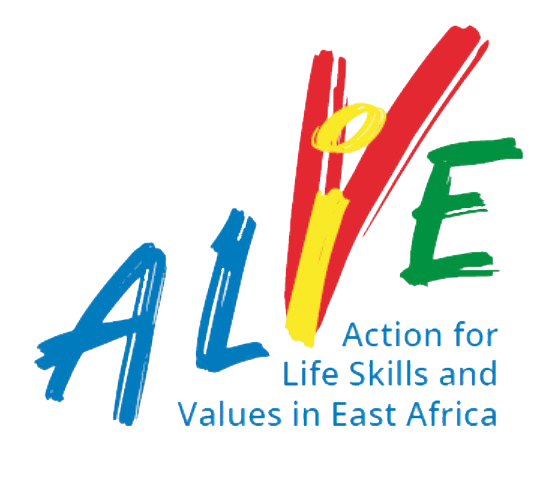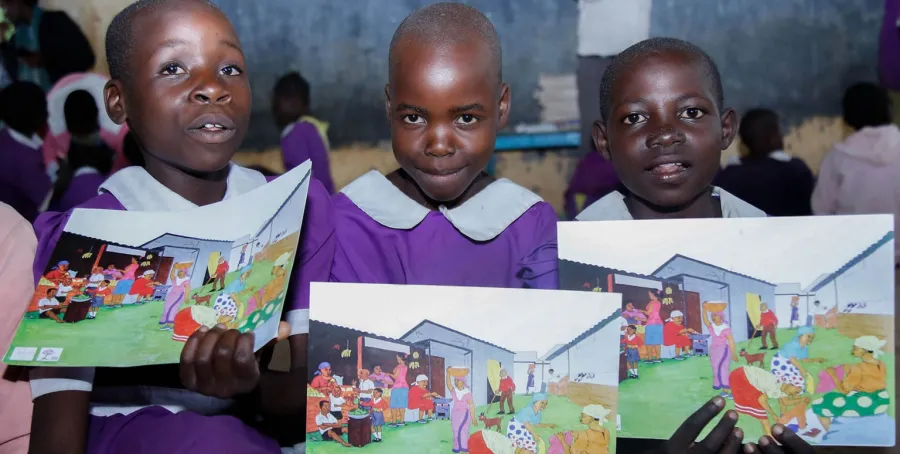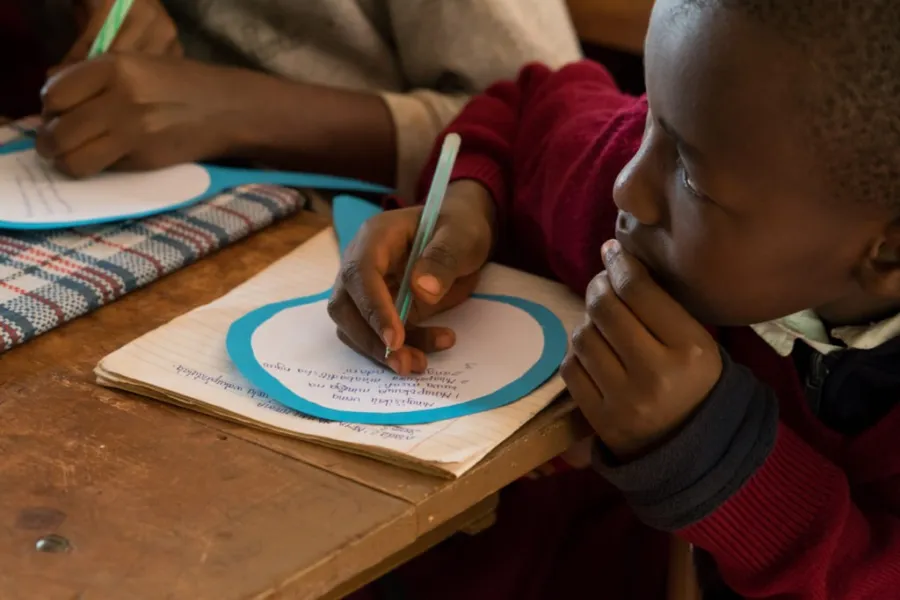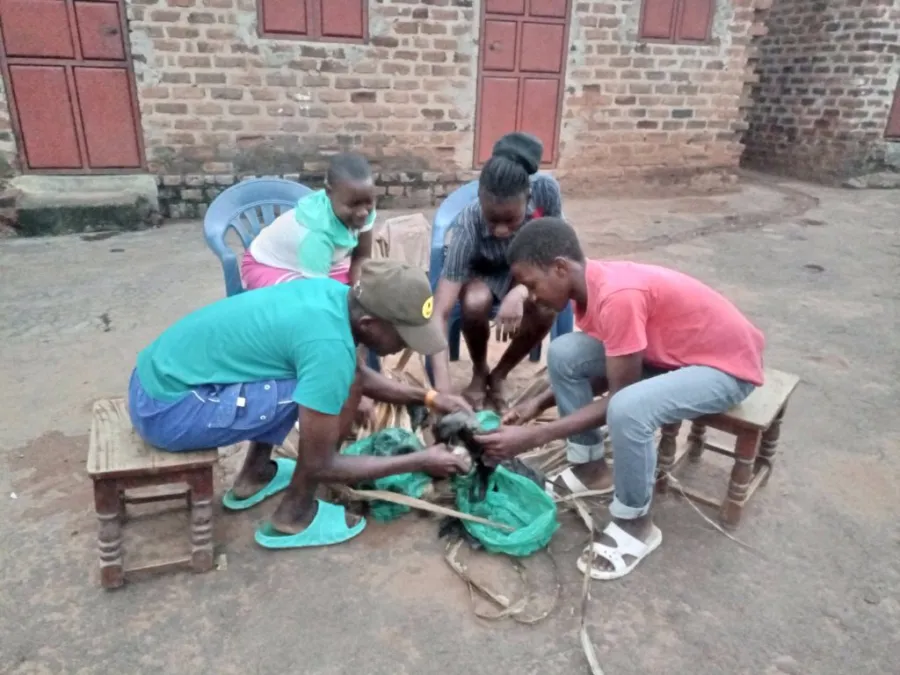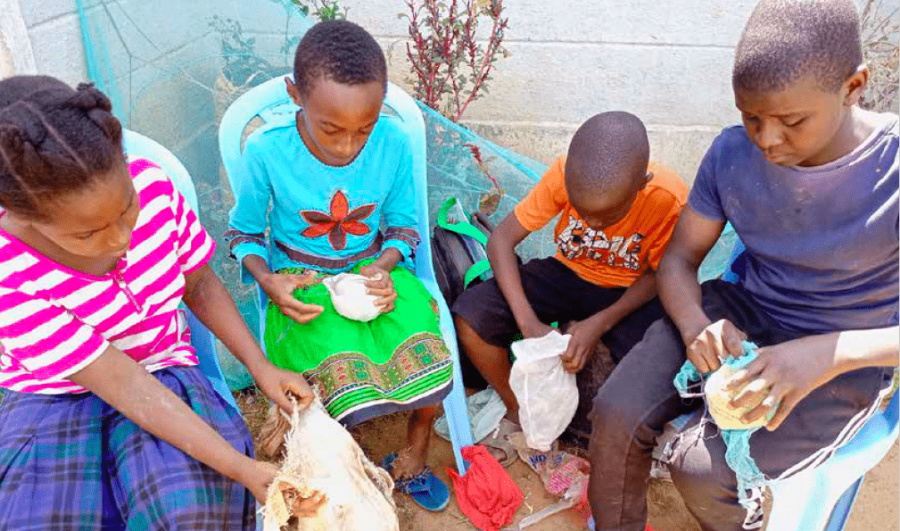Education stakeholders are convening at the KCB Leadership Centre for the 5th Country Convention of the Regional Education Learning Initiative (RELI), a collaborative network of over 70 organizations working on improving learning outcomes in East Africa. Over the last five years, this annual event has provided education stakeholders an opportunity to address educational priority issues by taking stock of progress, achievements, and successes as well as challenges for realizing access to equitable education for the children furthest left behind. The theme this year is ‘RELI @5: Taking stock to inform the future of Education’. And for the next three days, delegates are set to review the contributions made by the network towards the improvement of education in Kenyan and East Africa, outline education sector priorities, chart the way forward and develop a strategy for the coming years. The convening draws from a dynamic group of stakeholders including policymakers, civil society, and development partners. It aims to provide an opportunity to engage with one another, share knowledge and good practice, and explore trends and innovative approaches that can be implemented to develop sustainable and inclusive education systems. The RELI Country convening will be structured around the following themes:Status of Education in Kenya drawing from Lessons learned in the past five years.The status of realization of special needs education in Kenya? And why is it critical that it is prioritized?The status of education policy implementation in Kenya and the challenges still exist when it comes to implementation of education policies.The status of Implementation of the Competency Based Curriculum and the looming crisis of double transition come 2023.The status of TVET in Kenya and its critical role to Youth development and well-being. For the next three days, we will endeavor to answer the following 5 questions. What is the status of education in Kenya? What is the role of the Kenyan child, parent and teacher and how do we amplify their voices? What are the key concerns that currently exist? What solutions can we collectively formulate? And finally, what role does each stakeholder have to play in changing the narrative?
The Teacher’s Development and Support cluster members learned about TaRL through a project that was implemented by Uwezo Tanzania, the results of which showed that TaRL is an innovative approach that can be adapted to local contexts and can be used by teachers to support learners who have been left behind. We would never have learned about it without RELI. For the past five years RELI has demonstrated the power of working through a network and what can be achieved through a collective effort. The network has proved to be particularly relevant in difficult times, such as the covid-19 pandemic. Members of the Teachers Development and Support cluster (TDS) were able to come together and craft resources to help children learn and strive in school and even at home. The first induction and introduction session was conducted in April 2019 in Dodoma. With the help of Sara Ruto and Zaida Mgalla (Uwezo Tanzania), a team from PAL network, which included Winny Cherotich (Kenya), Elizabeth Ndyanabangi (Uganda) and Armando Ali (Mozambique), introduced the TaRL Approach to RELI Tanzania. One induction training participant, Shadidu Ndosa said, “it was a wonderful introduction to TaRL and we learned step by step how the foundational literacy and numeracy can be taught effectively to children left behind in mainstream classes”. Immediately after the induction session, TDS decided to contextualise TaRL resources into local language and to use more contextualised examples. Soon the idea to develop resources, training manuals, and frameworks emerged. A committee of three people was formed; Zaida Mgalla, Maryam Ismail and Shadidu Ndosa built upon what emerged during the Dodoma session. By October 2019, drafts of stories that were written during the event were collected and by early 2020, TDS had about 60 stories and a TaRL toolkit ready for piloting in primary schools. The contextualization process “was incredibly hard work but we finally managed to contextualize TaRL into what we call Jifunze in Kiswahili” said Maryam Ismail. Between May 2019 and September 2020, HakiElimu hosted RELI members as we worked to develop resources for printing and digitisation in collaboration with Uwezo Tanzania, which acted as technical lead. The digitisation of Aya stories, one paragraph-long stories used to improve the foundational literacy of learners, was done using the expertise of Shuledirect staff. In 2021, the digitised Aya stories were piloted in Global Action Week for Education (GAWE) in Rorya district. The contextualization exercise was led by trained TaRL champions who invited other members to learn in the process. Members reviewed the resources and made necessary adjustments, translations and prepared a ready to print version of literacy and numeracy teaching manuals. Following the development of the resources, TDS decided to showcase and demonstrate the impact of the TARL resources at different educational events, including the innovation week held in April 2021 in Dar es Salaam and the improvising teaching resources event held at State University of Zanzibar. The demonstration of TaRL in these events communicated a clear message to the Ministry of Education and the Permanent Secretary in Zanzibar that the ministry should adopt TaRL as a key teaching resource for supporting learners left behind. Following the success of the TaRL resources more RELI members have enrolled into TaRL training, organised by TaRL Africa and impressively, four members from Zanzibar completed the training. On the Tanzania mainland, TaRL has been earmarked as one of the resources in the teachers continuous professional development plan to be implemented to all teachers led by Tanzania Institute of Education. In thinking about the future of this initiative, we hope to advocate for the adoption of TaRL into teachers’ training colleges and member organisations – institutions which are well placed to support its roll out as an important resource for teachers’ continuous professional development. One master trainer at the Zanzibar event said “teachers were excited to learn TaRL; they started slowly but then they picked up quickly; asked more questions as they went so that to be clear with approach and TaRL procedure. Interestingly, the trained teachers organized themselves as part of assignment to train their fellow teachers and 75 % of the teachers trained 2 teachers in their schools. In some of the schools they trained more than 5 teachers and others trained all teachers. The most interesting thing while they implemented this program is that pupils’ interest in learning increased as they always remind and insist their TaRL teachers to learn and sing and doing fun games.” We are looking forward to the next five years when we hope our approach will be fully adapted and integrated into teacher training curriculum and teachers’ continuous professional development for in-service teachers.
Currently, Kenyans are debating the value of the Competence Based Curriculum (CBC). Some support it while others are pointing out the gaps that exist. However, missing from this debate, is a consideration of the core-competences – the skills needed by learners to help them make informed decisions and potentially live a thriving life. This skills include critical thinking and problem solving, collaboration and communication, imagination and creativity, self-efficacy, learning to learn, citizenship and digital literacy. Researchers have made it clear that these competencies are necessary for our children to survive in a world that is uncertain and afflicted by many challenges in the wake of globalization and digitalization. A study done by Regional Education Learning Initiative in Kenya showed that only five percent of our adolescents aged 13-17 years demonstrated the highest proficiency level in problem-solving skills. In other words, if you have a class with 20 children and a problem arises only one of them has the capacity to get out of the problem or even support others in finding a solution. The findings are shocking and a wake up call for all of us to act. It is therefore not surprising that university graduates find it hard to get a job, while on the other hand employers say they cannot find employees with the right skill set for employment. Under the past curriculum, the teacher had the monopoly of knowledge. Although they used child-centred pedagogical approaches, they still did not encourage learners to ask questions. Sadly, more often than not, learners who asked many questions or challenged their teachers in any way, were bullied and labelled as indisciplined. It is therefore not surprising that learners aged 13-17 years – the majority of whom are learning under the old 8-4-4 curriculum are undequipped to solve the challenges afflicting our country today. McKinsey Global Institute’s research report indicated that higher cognitive skills (eg. problem solving and critical thinking), and social and emotional capacity to be adaptable (eg advanced communication, empathy), and the ability to learn continuously and learn technological skills (eg digital literacy and data analysis) are the top three skill sets workers will need to secure the best careers in the future. This research therefore calls Kenyans to reflect on what needs to be done to prepare our children for the future. Parents must be at the forefront of developing these core competences at home. Parents can nurture these competenvies in their children by, for example, allowing their children to share ideas openly at home or in family meetings, letting them solve some of their problems without feeling like they always have to intervente, and allowing them to get their hands dirty by collecting garbage in the community market. Additionally, the role of teachers in developing these competencies cannot be overemphasized. But teaching these skills means they will to put the blackboard and chalk down, instead teach through practical activities. We need a more active form of learning where learners are co-creating their learning experiences and the teacher acts as a facilitator and role model. Moreover teachers and parents need to work together to nurture and develop these core competencies. Children go between home and school and learning and development take place in both spaces. As such these are the best places to begin to develop, nurture and sustain the skils. Therefore teachers and parents can completement each others efforts for the benefit of the children. It is time for all of us to take action to collaboratively nurture core competencies. Most of the people – teachers and parents – who are best positioned to teach Kenyan children these important skills do not know their roles. That is where we can step in. We can all get involved in communicating about the importance of nurturing core competencies to parents, teachers, schools and communities. We can all start now.
The Assessment of Life Skills and Values in East Africa (ALiVE) team recently released its Do our children in Kenya have Life Skills and Values? report which shares findings about Kenyan adolescents’ proficiency in four key life skills: problem solving, self-awareness, collaboration and respect. The research team assessed a total of 17,276 adolescents, aged 13-17 years old from 14,197 households… Only five percent of the adolescents are proficient in problem solving (Level 4) Overall, only nine percent of the adolescents are proficient in self-awareness (Level 3) Only six percent of the adolescents express high respect for others Overall, only one in ten of the adolescents are proficient in collaboration About 43 percent of the adolescents (42% males and 44% females) can read a grade 4 text Half of the adolescents have the skills to access the internet with ease In part, this low level of attainment of foundational life skills is the result of a situation in which many teachers and parents lack an understanding of the importance of these competencies and therefore neither make it a learning priority in the classroom nor at home… These findings demonstrate that the ALiVE team has developed a valid and reliable tool for assessing problem solving, collaboration, self-awareness and respect proficiencies of in and out of the school adolescents in Kenya. They also illustrate the necessity of RELI’s ongoing commitment to supporting families, teachers and schools in creating the environments needed to develop life skills and nurture values for children across East Africa in school and at home..
